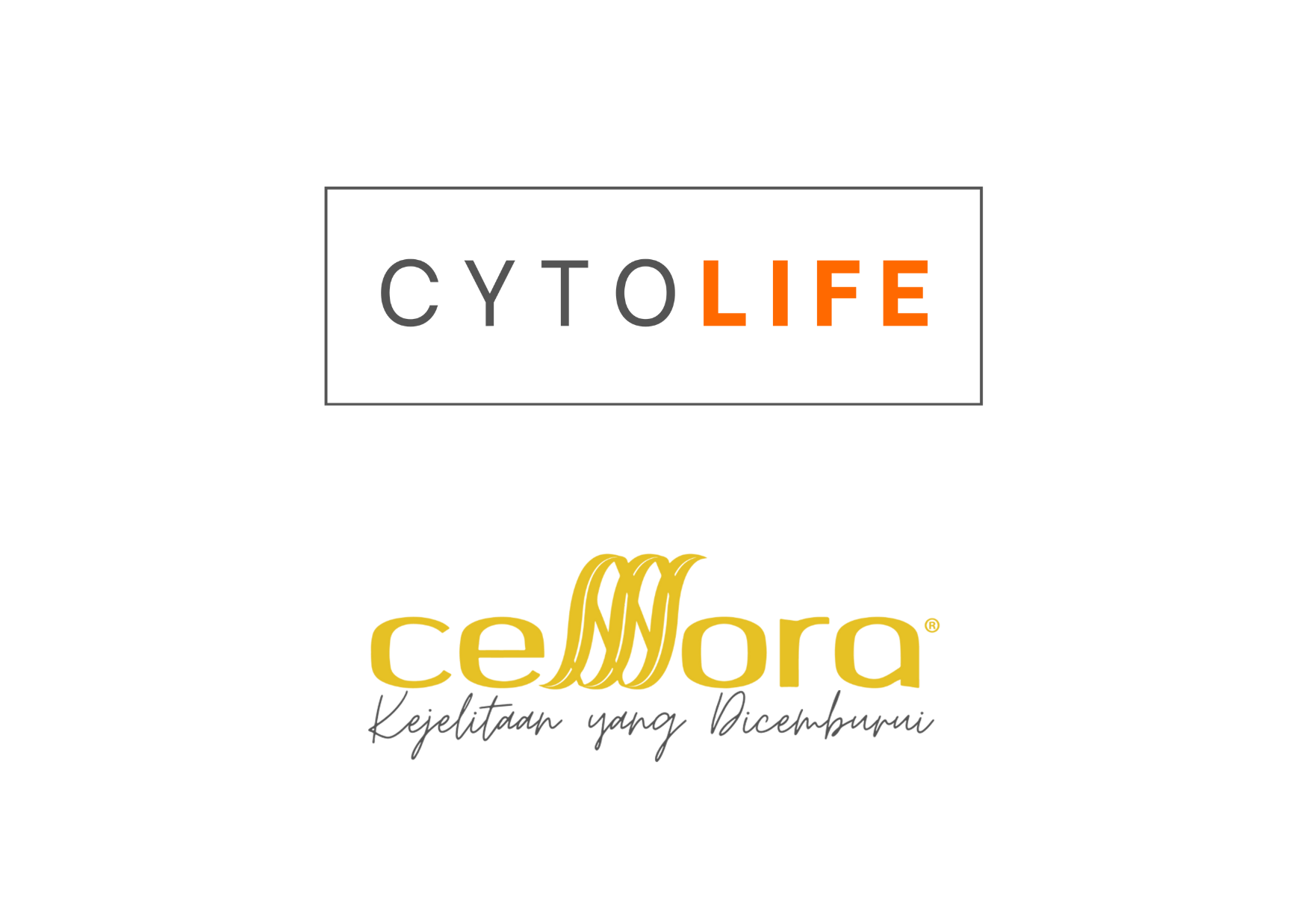- HOME
- ABOUT
- RESEARCH
- INSIGHTS & HAPPENINGS
- JOIN US
- CONTACT US
-


The hypothalamus is a structure located deep in the brain that serves as the key link between the endocrine and nervous systems. It plays a critical role in maintaining the body’s internal balance, or homeostasis, by receiving chemical signals known as hormones from neurons in the brain and body in response to internal and external stimuli.
The main function of the hypothalamus is to respond to these signals to regulate various bodily functions such as body temperature, blood pressure, hunger and thirst, satiety, mood, sex drive, and sleep. It also controls essential functions such as heart rate and respiration.
Hypothalamic conditions can result in a variety of symptoms, the severity of which may depend on the specific part of the hypothalamus and types of hormones involved. Some potential symptoms that may indicate a problem with the hypothalamus include abnormal and inconsistent blood pressure, fluctuations in body temperature, unexplained weight gain or weight loss due to abnormal appetite, insomnia, infertility, short stature, abnormal onset of puberty, dehydration, and frequent urination due to uncontrolled vasopressin hormone secretion.
Hypothalamic dysfunction can be caused by both external and internal factors. External factors that can contribute to hypothalamic dysfunction include head injuries, brain surgery, and eating disorders. Internal factors that can cause hypothalamic dysfunction include autoimmune conditions, certain genetic conditions such as inherited growth hormone deficiency, congenital abnormalities of the brain or hypothalamus, and tumors in or around the hypothalamus.
Hypothalamus disorders mostly are treatable and the treatment depends on the cause and the disorder. In order to treat hypothalamus disorder some conventional treatment were apply such as
Treatment for hypothalamus damage also can be involves by replace lost hormones. Therefore, it’s important for all individuals to check their hormonal levels with their doctor as soon as possible after sustaining hypothalamus damage. There are several hormones that will use as suggestion to counter this abnormality includes ;
Most of these hormones may need to be taken daily to help regulate the body and compensate for hypothalamus damage.
Scitron is a Mesenchymal Stem Cells (MSCs), derived from human umbilical cords. Upon treatment, the cultured cells are injected intramuscularly or intravenously into the patient. The cells are characterized by low immunogenicity, making them very safe, tolerable, and free of side effects.
CelltiMax is a product derived from human umbilical cord-derived Mesenchymal Stem Cells (MSCs). The cells are cultured, then administered to the patient via intramuscular or intravenous injection. They have the ability to differentiate into specialized cells with specific functions for various parts of the body, and can reduce inflammation, repair, renew, regenerate, and replace damaged cells.
Cross the endothelial brain barrier.
Enhanced immunity.
Migrate to sites of injury.
Improved metabolism.
Encourage existing cells to self-repair.
Reduced repetition.
Immune modulation.
Increased communication ability.
Transform into neurons.
Improvements in verbal skills, writing skills, self-care skills, attention span, and concentration
Promote the formation of nerve cell axons.
Tolerance of different foods.
If you believe that our treatment options may be able to improve your condition and enhance your quality of life, please contact us to schedule a complimentary consultation with one of our in-house clinical specialists. Our consultations are available in both Malay and English language.





Review your medical history & recent evaluations
Explore what your treatment package might look like
Answer any questions you have about us
Answer any questions you have about the therapies
Discuss practical next steps,
if you feel we can effectively treat you

Established in 2010, Cell Tissue is a Malaysian advanced medical technologybased company, a spin-off of the National University of Malaysia (UKM), one of the country’s leading universities and research institutes.
Cell Tissue is known as Malaysia’s FIRST Tissue Engineering Firm, awarded by the prestigious Malaysian Book of Records in 2016, operated in a certified Current Good Manufacturing Practice (cGMP) laboratory following PIC/S standards by the National Pharmaceutical Regulatory Agency (NPRA), a division of the Ministry of Health Malaysia.


Proudly powered by CTTSB © 2010-2024 Cell Tissue Technology Sdn Bhd, a Universiti Kebangsaan Malaysia spin-off Company. – All rights reserved.